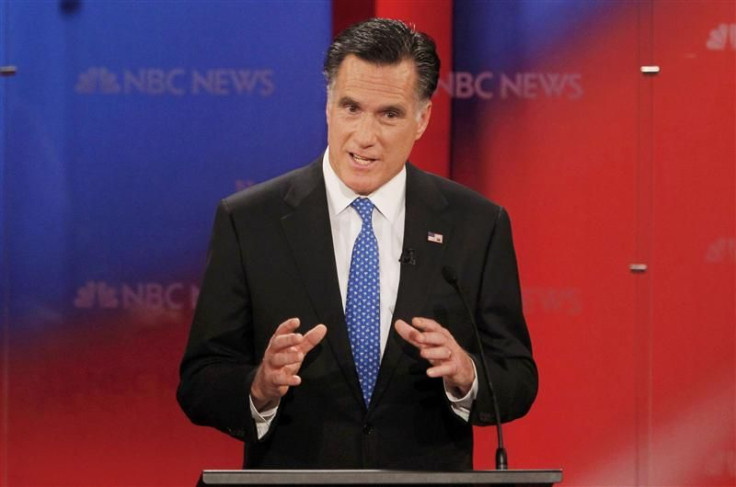Romneycare Helps With Coverage, Not Costs: Study

The landmark Massachusetts health care law signed by then-governor Mitt Romney has extended coverage to more residents and boosted self-reported health but has done little to control mounting costs, a new report found.
More than 94 percent of the state's nonelderly residents aged 19-64 had health insurance coverage in 2010, compared to 86.6 percent before the law passed, according to survey results analyzed in the magazine Health Affairs. The 94 percent rate of non-elderly Massachusetts residents with coverage far outpaced the national rate of 77.7 percent. The proportion of Massachusetts residents who assessed their health as very good or excellent continued to rise steadily.
The report noted that a core element of success for the universal health care law was the role of employer-sponsored insurance. The new law instituted a minimum credible coverage standard that included mandating coverage for a certain set of services, placing limits on out-of-pocket expenses and barring providers from capping the total benefits for a particular illness in a single year. The report's authors found no evidence of employers responding to those reforms by dropping employees from coverage or scaling back the scope of their health insurance plans.
However, employees were contributing a larger average share of their income to their health insurance premiums than in 2006. The proportion of people surveyed who said they struggled to pay their medical bills essentially did not budge between 2006 and 2010, reflecting the inexorably rising cost of health care.
Health care costs in Massachusetts, as in the rest of the country, continue to grow faster than wages and inflation, the report said.
The report's findings could reverberate in the presidential election. While Romney has condemnded the national health care overhaul championed by President Barack Obama and disavowed any connection to Massachusetts' reforms, the report described the Massachusetts law as the reform initiative that provided the template for the federal Affordable Care Act of 2010.
Critics of the Affordable Care Act have excoriated it for failing to restrain the spiraling cost of health care, which remains a key source of strain on budgets. That critique is likely to resurface in a presidential election that will be dominated by worries about the sluggish pace of economy recovery, but the authors of the Health Affairs report said the universal coverage blueprint in Massachusetts' plan could be a model for the nation.
As states begin the challenging process of redesigning their health care systems in response to the Affordable Care Act, the experience in Massachusetts offers an optimistic prognosis of potential gains, the authors wrote, pointing to low numbers of uninsured people and strong employer coverage. The Bay State's 2006 health reform initiative has continued to fare well despite a severe economic downturn and the continued escalation of health care costs in the state.
--
© Copyright IBTimes 2025. All rights reserved.





















